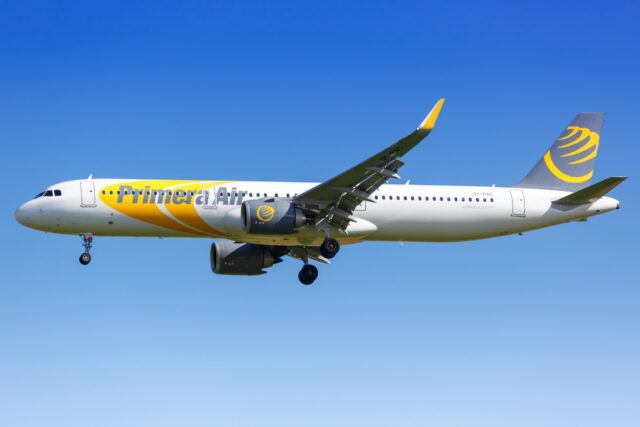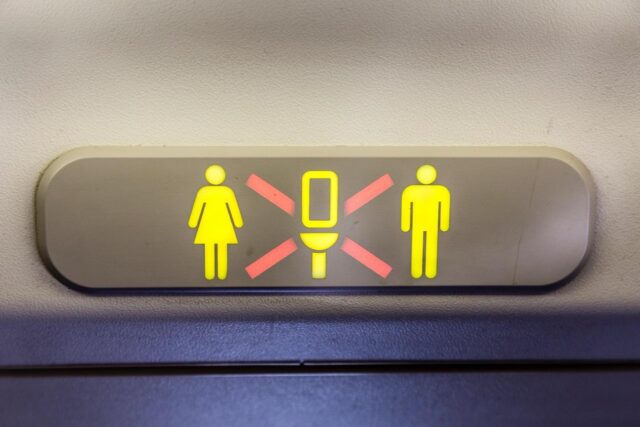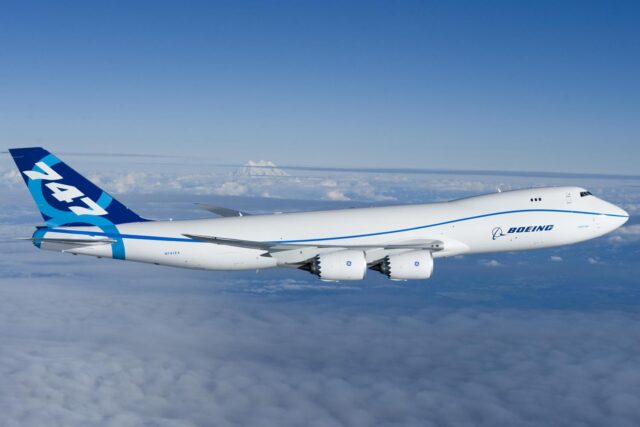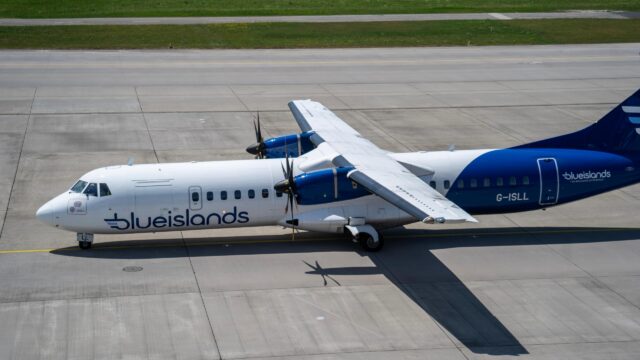US government shutdown puts pressure on aviation sector — but flights continue

October 6, 2025

The United States government shutdown, which began early on Wednesday after lawmakers failed to reach an agreement on funding, is already putting pressure on the country’s aviation system.
While commercial flights continue to operate almost unaffected, the system is relying heavily on thousands of employees who are having to work without pay.
This has raised concerns from unions and other groups about morale and the potential impact on safety if the shutdown continues indefinitely.
Essential workers remain on duty
Air traffic controllers, airport security screeners, military personnel and other federal workers whose roles are deemed to be essential have remained on duty despite the lapse in funding.
The Federal Aviation Administration (FAA) confirmed that classes at its air traffic controller training academy will proceed as normal, ensuring the continued supply of new controllers, while there are still significant shortages in the system (there is an estimated shortfall of 3,800 of fully certified controllers).

Field training and recruitment have also not been suspended, in contrast with previous shutdowns that caused delays in staffing.
However, the Department of Transportation has halted several other FAA activities, including facility security inspections and law enforcement support.
Shutdowns ‘impact safety and efficiency’
The National Air Traffic Controllers Association (NATCA) has warned that “government shutdowns reduce the safety and efficiency of the National Airspace System (NAS) and erode the layers of safety that allow the flying public to arrive safely and on-time to their destinations.
“During a shutdown, critical safety support staff are furloughed, and support programmes are suspended, making it difficult for air traffic controllers and other aviation safety professionals to perform at optimum levels.”
More than 2,000 aviation safety professionals represented by NATCA are currently furloughed.
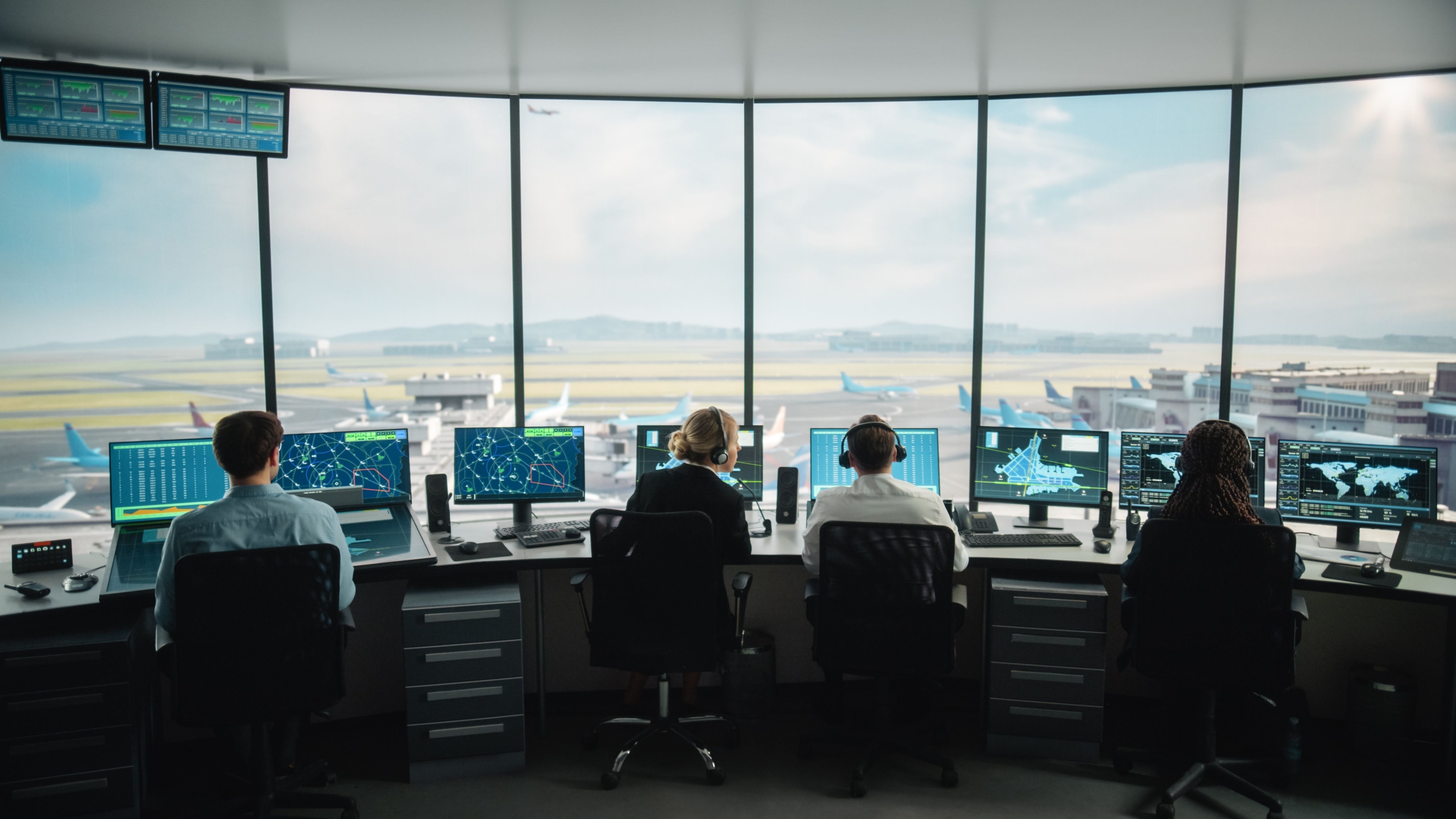
NATCA President Nick Daniels added: “When the federal government shuts down it introduces unnecessary distractions and our entire aviation system is weakened. Congress must restore federal funding so that the safety and efficiency of our National Airspace System is not compromised.”
The Transportation Security Administration (TSA) has confirmed that roughly 61,000 of its 64,000 employees are classified as essential and will continue working without pay to maintain airport operations.
While TSA checkpoints remain open, the agency cautioned that an extended shutdown could lead to longer queues and processing times.
Passengers are being advised to allow additional time for screening.
Pacific Airshow without US jets
One of the first public signs of the shutdown’s impact came at the Pacific Airshow in Huntington Beach, California.
The event proceeded as scheduled but without participation from US military aircraft, which were grounded as part of the funding lapse.
Regular headline displays from F-35 fighters and the US Air Force Thunderbirds were missing, but the Royal Air Force and the Canadian Forces Snowbirds stepped in alongside heritage aircraft to ensure the show continued.
According to the US Travel Association, the shutdown is costing the travel economy approximately $1 billion (£741 million) per week.

The figure includes losses across airlines, hotels, airports and associated industries, and the organisation has warned that a prolonged standoff could undermine confidence during a period of strong travel demand.
Airline operators are also monitoring the situation closely. The trade association Airlines for America, which represents major US carriers, has warned that a sustained lapse in funding means “the system may need to slow down, reducing efficiency”.
